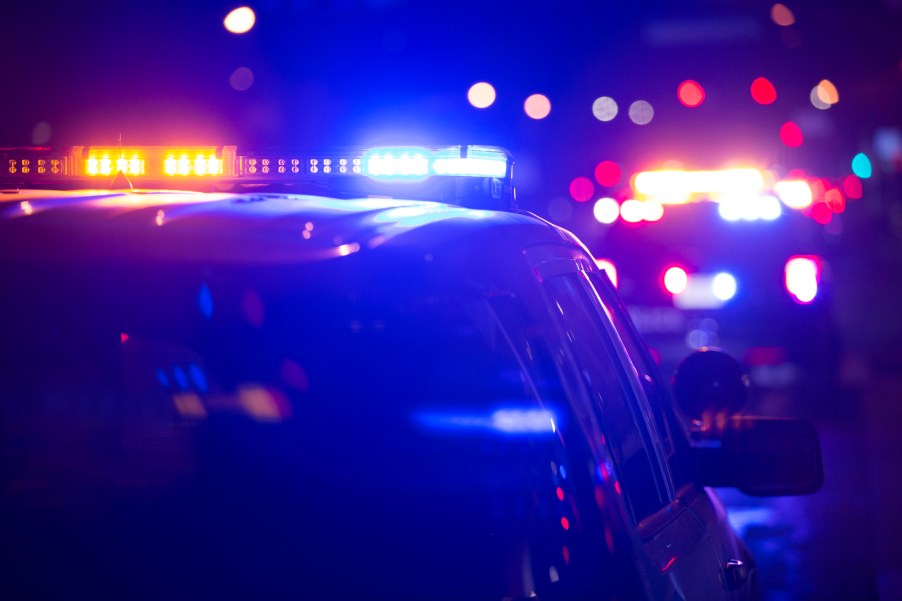
Here’s What the Police Can Legally Do at DWI Checkpoints
Did you know that the fourth of July is the sixth deadliest day on the roads due to people driving while impaired? So, don’t be surprised if you have a few DWI checkpoints set up along your regular routes. Also, don’t object to any legal actions that police officers can take at checkpoints.
What can the police legally do at DWI checkpoints?
At a DUI or DWI checkpoint, cops don’t need probable cause to stop you. They can stop every car that passes through or they may stop random cars every few minutes.
They allow cops to quickly identify drunk drivers and pull them off the streets, which outweighs the inconvenience of sober drivers having to stop for a minute.
If you’re asked to stop, you’ll have to roll your window down with enough space to carry a conversation. They will ask to see your license, proof of insurance, and registration to make sure you’re legally driving your car.
They may also ask you a few questions about your evening, like where you’re heading and if you have been drinking.
You have the right to remain silent, which can be helpful if have been drinking because slurred speech is a key indicator. But this may cause you to look guilty and lead to sobriety tests.

Other signs of being intoxicated include having red/flushed skin, the inability to pay attention, smelling like alcohol, seeming confused, having bloodshot eyes, or seeming lethargic.
You may be asked to step out of your car to perform a field sobriety test. This could involve walking in a straight line, walking and turning, standing on one leg, or following an object in front of your face with your eyes.
You have the right to refuse a field sobriety test and a portable breathalyzer test. But doing so can be seen as evidence of a guilty conscience.
Refusing an EX/IR-II breathalyzer test or a blood alcohol content test will result in a 12-month suspension of your license, even if you aren’t found to be intoxicated.
Cops can detain, arrest, and ticket you at a DWI checkpoint if they have reasonable suspicion of your intoxication. Also, they can search your vehicle if they see drugs in your car. They can’t search your car just because they’re suspicious.
In some states, the location of a DUI checkpoint must be announced ahead of time. Cops must have their lights on to alert drivers of the stop, and the checks must be conducted at random.



